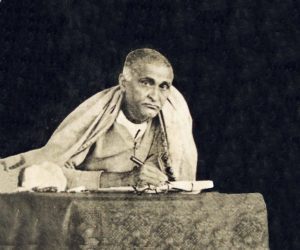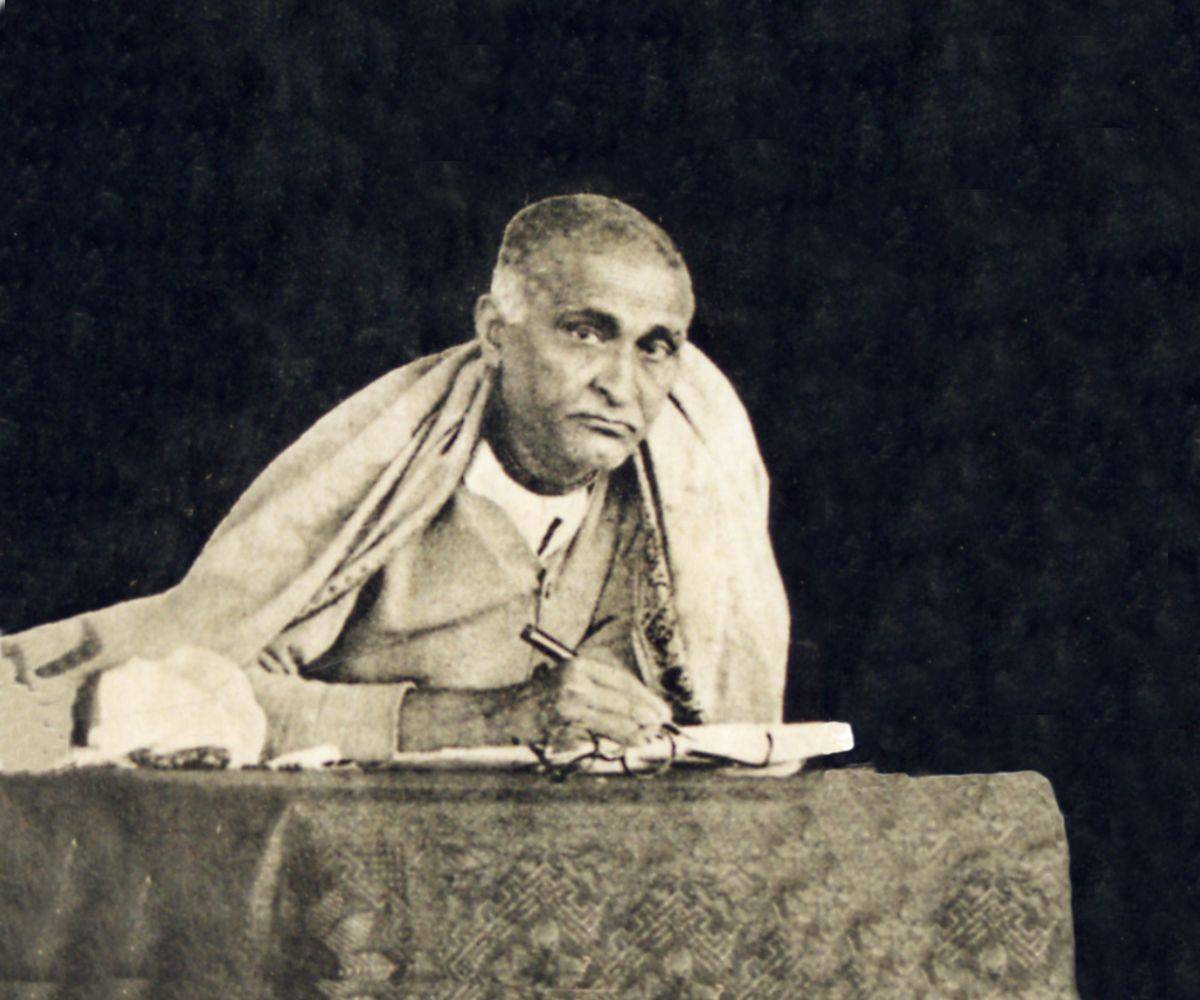Srila Bhaktisiddhanta Sarasvati Thakura Appearance Day
 Srila Bhaktisiddhanta Sarasvati Thakura was born in the holy pilgrimage place of Jagannatha Puri to Srila Bhaktivinoda Thakura, a great Vaisnava acarya in the line of succession coming from Sri Chaitanya Mahaprabhu. Although employed as a government magistrate, Srila Bhaktivinoda worked tirelessly to establish the teachings of Lord Chaitanya in India.
Srila Bhaktisiddhanta Sarasvati Thakura was born in the holy pilgrimage place of Jagannatha Puri to Srila Bhaktivinoda Thakura, a great Vaisnava acarya in the line of succession coming from Sri Chaitanya Mahaprabhu. Although employed as a government magistrate, Srila Bhaktivinoda worked tirelessly to establish the teachings of Lord Chaitanya in India.
He envisioned a worldwide spiritual movement and prayed for a son to help him achieve his dream. On February 6, 1874, in the sacred pilgrimage town of Jagannath Puri, where Srila Bhaktivinoda Thakura served as superintendent of the famous Jagannatha temple, Srila Bhaktisiddhanta appeared in this world. He was given the name Bimala Prasada. At the age of seven, Bimala Prasada had memorized the more than seven hundred Sanskrit verses of the Bhagavad-gita and could speak illuminating commentaries upon them.
Srila Bhaktivinoda Thakura, the author of many important books and other writings on Gaudiya Vaisnava philosophy, trained his son in printing and proofreading. By the time he was twenty-five years old, Bimala Prasada had acquired an impressive reputation as a scholar of Sanskrit, mathematics, and astronomy. His astronomical treatise, Surya-siddhanta, won him the title Siddhanta Sarasvati in recognition of his immense learning. In 1905, following the advice of his father, Siddhanta Sarasvati accepted spiritual initiation from Srila Gaurakishora dasa Babaji.
Although Srila Gaurakishora dasa Babaji was illiterate, he was renowned throughout the continent as a great saint and Vaisnava acarya. Siddhanta Sarasvati, although a great scholar, exhibited humility and dedication in the presence of Srila Gaurakishora. Satisfied with such humility and dedication of his highly educated disciple, Srila Gaurakishora gave Siddhanta Sarasvati his full blessings and requested him to “preach the Absolute Truth and keep aside all other work.” Upon the disappearance of Srila Bhaktivinoda Thakura in 1914, Siddhanta Sarasvati became editor of his father’s journal, Sajjana-tosani, and founded the Bhagawat Press for the publication of Gaudiya Vaisnava literature.
In 1918 Siddhanta Sarasvati accepted the renounced order of spiritual life, assuming the title Srila Bhaktisiddhanta Sarasvati Goswami Maharaja. For purposes of propagating Gaudiya Vaisnavism throughout India, he organized the Gaudiya Math, with sixty-four branches throughout the country. The headquarters of his mission, the Chaitanya Gaudiya Math, is located in Sridhama Mayapura, the birthplace of Sri Chaitanya Mahaprabhu. Srila Bhaktisiddhanta adjusted ancient traditions to conform with technological and social conditions of the twentieth century. He considered the printing press a most effective means of spreading this message throughout the world and was himself the author of many important translations, commentaries, and philosophical essays.
He was the first spiritual teacher in this line to allow his renounced preachers (sannyasis) to wear Western clothes and travel in modern conveyances rather that on foot. Throughout the 1930s, Srila Bhaktisiddhanta expanded and increased his missionary work and succeeded in reestablishing Gaudiya Vaisnavism as the leading force in Indian spiritual life. On January 1, 1937, Srila Bhaktisiddhanta Sarasvati Thakura passed from this world.

